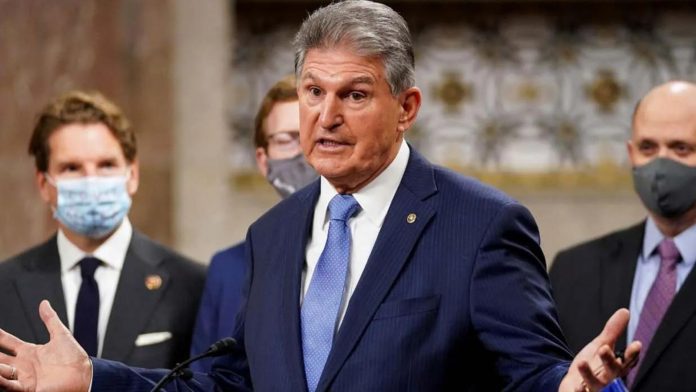To put it in simple terms, Joe Manchin opposes EV adoption. The Democratic Senator from West Virginia, the country’s second-largest coal supplier, has introduced a new bill that calls for the immediate strict enforcement of the revised terms for EV tax credits set out in last year’s Inflation Reduction Act, many of which Manchin himself wrote. This is Manchin’s latest attempt to obstruct EVs and the reduction of carbon emissions. Although the senator’s bill is as hopeful as a future in which we continue to rely on fossil fuels, the government requires direction to permit these credits.
The “American Vehicle Security Act of 2023″ is a new bill that Senator Manchin has presented that is aimed at federal EV tax incentives. The fundamental tenet of the legislation is that, despite the US Department of Treasury’s lack of technical advice, the federal government shall implement the provisions of the signed Inflation Reduction Act. In essence, this would make every single EV ineligible for federal tax credits.
Last year, it needed particular wording from Senator Joe Manchin to secure enough votes to send those revised and extended terms to the President’s desk. Manchin’s demands related to EV battery components coming from the U.S. or via US free-trade partners, as well as battery assemblies moving domestically. That’s a lot trickier than, mandating a particular amount of battery capacity.
The bulk of EVs was instantly barred from being eligible for federal tax credits in 2023 as a result of these new IRA provisions, especially those produced by foreign automakers with no, or limited US manufacturing footprints.
Before the updated rules for EV tax credits went into effect on January 1, the US Treasury said that it would be delaying its battery recommendations on what EV manufacturers must build in North America for their vehicles to qualify. Despite having been allocated until December 2022 to deliver these guidelines, the department insisted that further time was needed, at least until March 2023.
Did you enjoy this article? Please share your thoughts, comments, or questions regarding this topic by connecting with us at newsroom@cbtnews.com.
Be sure to follow us on Facebook, LinkedIn, and TikTok to stay up to date.
While you’re here, don’t forget to subscribe to our email newsletter for all the latest auto industry news from CBT News.



